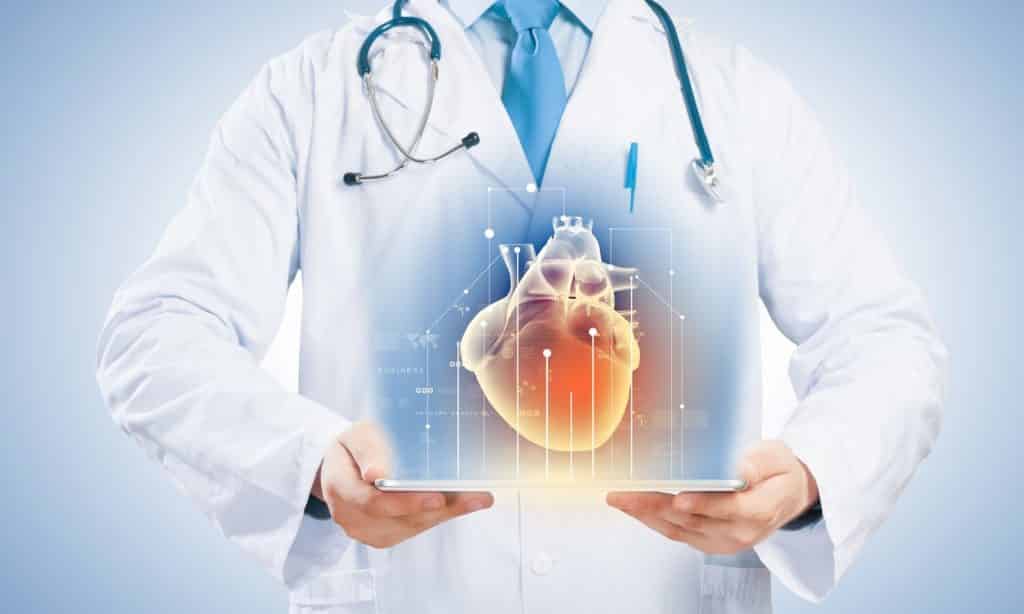
When you’re in the throes of a heart attack, your world shrinks to the size of the piercing pain in your chest. It’s like a wild animal is gnawing at your ribs, and the panic sets in. This is the moment when a cardiologist steps into the picture. In the midst of this storm, they are the calm, trained hands reaching out to steady the ship. Like the lighthouse guiding the ship away from the deadly rocks, their expertise can be the difference between life and death. In the chest pain villa rica, your cardiologist is the anchor you desperately need. They navigate the turbulent waters of a heart attack, bringing you to the shore of recovery.
The Role of a Cardiologist
A cardiologist is a doctor with special training and skill in finding, treating, and preventing diseases of the heart and blood vessels. At the onset of a heart attack, they take immediate action. They are the rapid response, combatting the ticking time bomb that threatens your life.
Critical Intervention
During a heart attack, every second counts. Cardiologists use clot-busting medicines, perform angioplasty – a procedure to open blocked arteries, and if necessary, conduct urgent bypass surgery. Their swift actions can halt the damage, saving precious heart muscle.
Post-Attack Care
Post-attack, your cardiologist is still with you. Their role shifts from emergency care to rehabilitation. They work with you, charting a course for your recovery. They guide lifestyle changes, prescribe medication, and arrange for follow-up care. This helps to prevent a recurrence and get you back to your life.
The Importance of Early Detection
Preventing a heart attack is always better than treating one. Regular check-ups with a cardiologist can catch heart disease before it escalates into a full-blown attack. They can detect warning signs like high blood pressure or narrowed arteries. This early detection gives you the best chance at successful treatment.
Conclusion
The role of a cardiologist during a heart attack is not just crucial, it’s life-saving. They are the watchful hawk, the steady hand, the guide through the storm. They are the beacon of hope, demonstrating that even in the face of a heart attack, recovery is possible. So, remember, your cardiologist is not just a doctor. They are your lifeline during a heart attack.